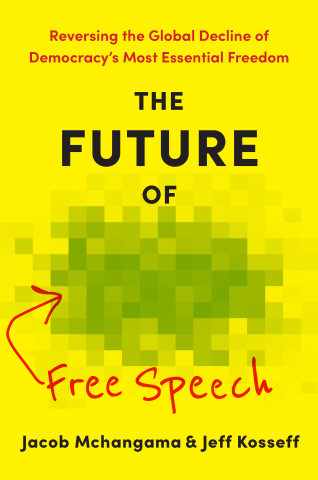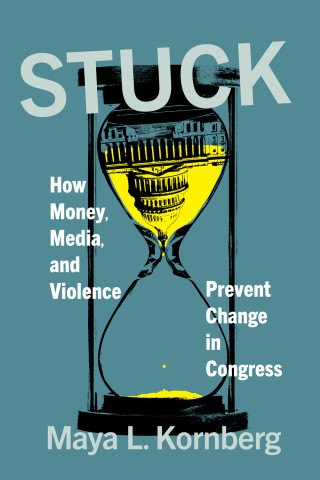
Reviews
[Stearns] proposes three specific amendments to the US Constitution, complete with the text of the amendments themselves and detailed explanations of how they operate. Yet if all Stearns sought was just to make a proposal, he needn't have written a book in the first place. Instead, Stearns builds up his own interpretative framework, grounded in an analysis of American social, political, and media history, as well as comparative political science....A valuable contribution.
Drawing from his magnificent expertise in economics and constitutional law, Maxwell Stearns diagnoses the causes of democratic backsliding in the United States and proposes a daring cure. In 1835, Alexis de Tocqueville wrote that democracy and voting rights are either shrinking and shriveling away or growing and expanding. Stearns offers a compelling and controversial prescription for a parliamentary democracy in America to expand democracy and electoral representation as we know it. This is a fascinating and provocative book.
Drawing on history, social choice theory, and a study of democracies around the world, Maxwell Stearns argues for a radical restructuring of American government to save us from hyperpolarization and distrust in our institutions. A clear, earnest, and patriotic argument for parliamentary democracy in the United States.
Anyone who cares about the future of American democracy should read this book. In Parliamentary America, Stearns provides a bracing and insightful analysis of what ails American democracy, then prescribes a strong and controversial cure. Whether one agrees with Stearns's cure, considering and debating the ideas in Parliamentary America could be a big first step in remaking and reanimating the democracy America deserves.
Amid all the justified concern over democratic backsliding in America, too few observers have dared to say that it is time for a thorough rethink of the very basic constitutional structure. Stearns boldly lays out a plan to move the country toward a parliamentary form of government with a proportionally elected legislature. This is the most important book written on American constitutional structure in decades.
This is not just another treatise on political reform. Stearns pushes us to confront uncomfortable truths about our democratic structures, challenging the status quo with a blend of historical insights and forward-thinking solutions. With the precision of a seasoned constitutional law professor, he makes a compelling case for radical reform.
Book Details
Introduction. Happier Birthdays, Better Parties
Part I. How We Got Here
Chapter 1. The Third Constitutional Crisis
Chapter 2. The Third-Party Dilemma
Chapter 3. Constitutional Gridlock: How a System We
Introduction. Happier Birthdays, Better Parties
Part I. How We Got Here
Chapter 1. The Third Constitutional Crisis
Chapter 2. The Third-Party Dilemma
Chapter 3. Constitutional Gridlock: How a System We Managed for Two Centuries Suddenly Went off the Rails
Chapter 4. The End of Trust: Experts, the Government, and the Media
Part II. The World Tour
Chapter 5. The European Tour: England, France, and Germany
Chapter 6. Democratic Variations: Israel, Taiwan, Brazil, and Venezuela
Part III. Three Amendments That Will Fix Our Broken System
Chapter 7. Reinventing the House of Representatives: More Voices, More Parties, More Power
Chapter 8. Reinventing Presidential Elections: The Art of Coalition Politics
Chapter 9. Reinventing Presidential Removal: How "No Confidence" Instills Confidence
Part IV. The Politics of Ratification and Envisioning Parliamentary America
Chapter 10. Achieving Coalition Governance: The Politics of Passing These Amendments
Chapter 11. Parliamentary America: Toward Better Politics, Further Reforms, and a Civil Society
Conclusion. From "We the People" to "We the Framers"
Acknowledgments
Appendix
Notes
Index






